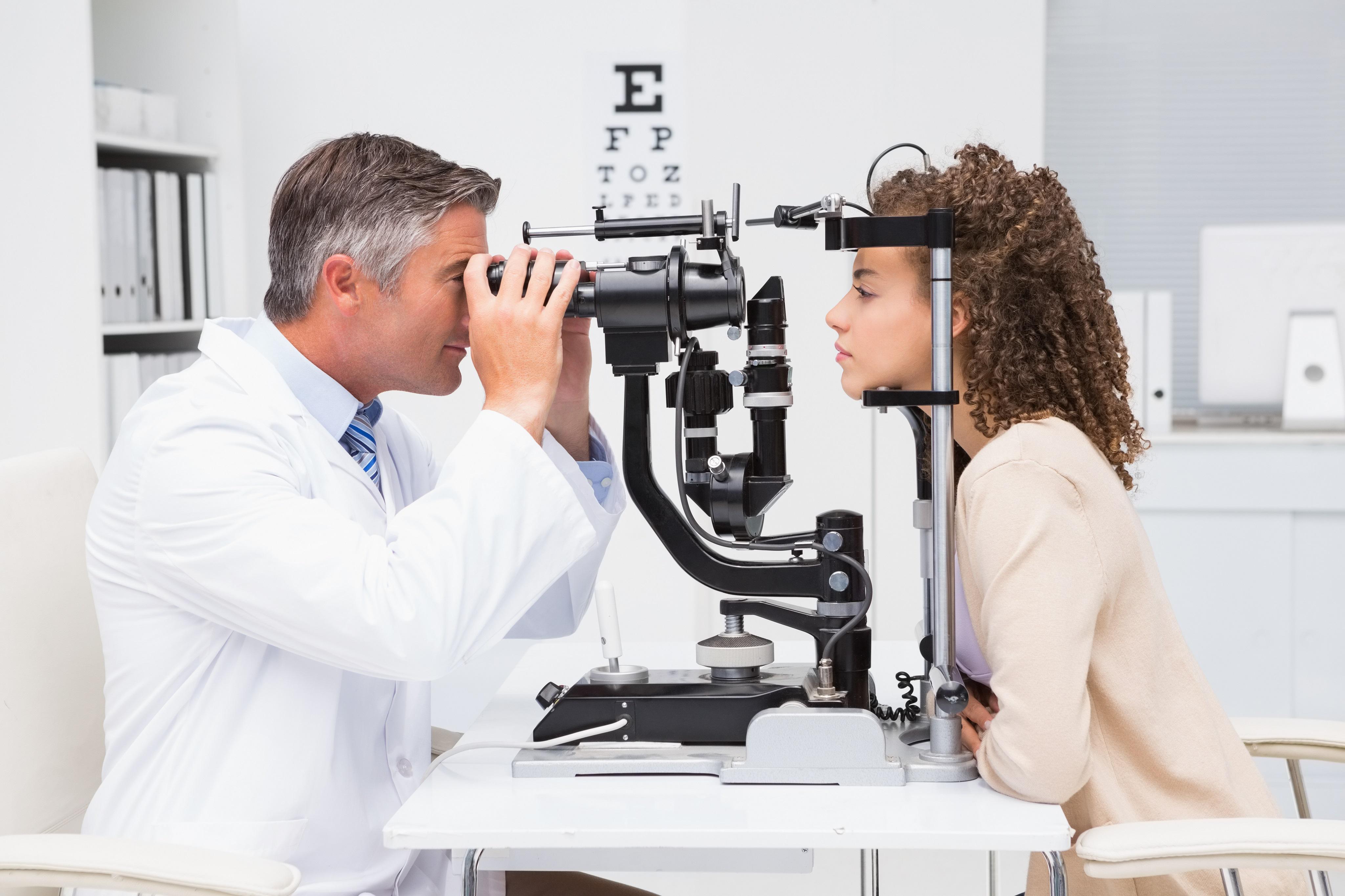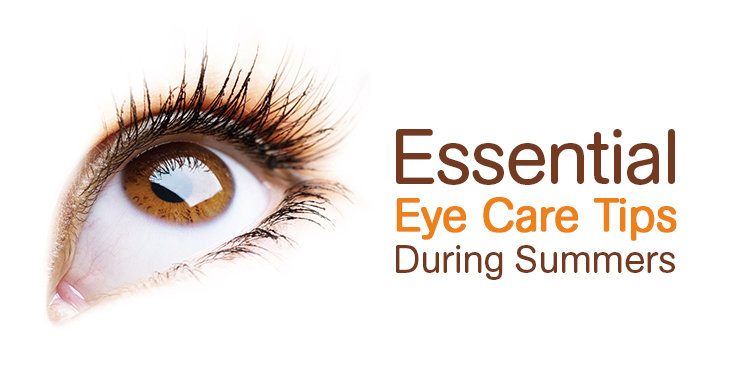Specialist Neurologist Andalusia: Comprehensive Mind Health Solutions
Specialist Neurologist Andalusia: Comprehensive Mind Health Solutions
Blog Article
Is Refractive Surgical Procedure Right for You? Elements to Take Into Consideration for Better Eyecare
In the world of eye care, the decision to go through refractive surgical procedure is a significant one that demands thoughtful consideration. From the complexities of one's ocular health to the complexities of personal expectations and daily habits, each aspect holds significance in the wider landscape of refractive surgery candidacy.
Eye Health Analysis
When considering refractive surgical procedure, a thorough eye health analysis is critical to analyze the viability of the treatment for each and every person. eye doctors in andalusia. This evaluation includes a series of examinations and assessments conducted by an eye treatment expert to identify the total wellness of the eyes, the existence of any hidden conditions, and the security of the refractive mistake
During the assessment, various aspects are taken into account, such as the patient's case history, existing eye prescription, corneal density, pupil dimension, and tear film top quality. These evaluations aid to determine any contraindications to refractive surgery, such as corneal irregularities, cataracts, or neglected eye infections. In addition, the assessment aids to handle person assumptions concerning the possible outcomes of the surgical treatment based upon their distinct eye features.
Eventually, the eye wellness evaluation is vital in making certain the safety and effectiveness of refractive surgery, as it offers useful understandings right into the person's eye wellness status and assists establish one of the most suitable treatment options for achieving optimal visual results. (eye doctors in andalusia)
Lifestyle Evaluation
A detailed lifestyle assessment is integral in figuring out the suitability of refractive surgical treatment for an individual's visual adjustment needs. Lifestyle factors such as profession, pastimes, and everyday activities play an essential role in the decision-making procedure pertaining to refractive surgery. As an example, individuals with careers that entail a high degree of physical activity or direct exposure to ecological components might have various visual requirements contrasted to those with inactive desk work. Comprehending how an individual's way of life may influence their vision post-surgery is necessary for handling assumptions and making certain optimum results.
Moreover, way of living behaviors such as sporting activities engagement, exterior tasks, or also skincare routines can influence the healing process and overall success of refractive surgical treatment. By conducting a comprehensive lifestyle analysis, eye treatment specialists can tailor their suggestions and treatment strategies to fulfill the special demands of each person, inevitably leading to enhanced visual end results and contentment.
Assumption Positioning

Establishing sensible expectations involves thorough pre-operative conversations between the client and the ophthalmologist. The doctor must transparently interact the potential threats, benefits, and limitations of the procedure (eye doctors in andalusia). Individuals need to understand that while numerous individuals accomplish 20/20 vision directory or better complying with refractive surgery, some may still call for glasses for specific tasks like reading or driving at evening. Handling these assumptions assists prevent dissatisfaction and discontentment post-surgery, leading to a much more positive general experience for the client.
Risk Evaluation

Elements that might increase the danger of complications include age, particular medical problems like autoimmune conditions, unsteady vision prescription, this content slim corneas, and unrealistic client assumptions. In addition, choosing a seasoned and knowledgeable specialist, following pre and post-operative care guidelines vigilantly, and revealing any type of pertinent case history can assist minimize risks.
To lessen the chance of problems, eye doctors conduct complete pre-operative evaluations to identify any contraindications to surgical treatment. They additionally review the potential risks and benefits with individuals throughout the consultation process. By taking part in open communication and shared decision-making, both the eye doctor and the individual can interact to determine if refractive surgery is the these details right choice based on individual risk accounts and preferred results.
Assessment Significance
Thinking about the important duty of notified decision-making in examining dangers and prospective problems in refractive surgical treatment, the assessment process holds significant importance in leading people in the direction of ideal results. Throughout the assessment, the ophthalmologist evaluates the person's eye health and wellness, refractive errors, and overall viability for surgical treatment. This preliminary evaluation is essential in establishing the most suitable treatment for every individual, taking right into account aspects such as corneal thickness, pupil size, and existing eye conditions.
In addition, the assessment offers as a chance for people to review their expectations, concerns, and any kind of concerns they might have relating to the surgery. Clear interaction between the doctor and the client is vital to make certain reasonable assumptions and a complete understanding of the potential dangers and advantages involved.
Furthermore, the consultation enables the doctor to discuss the various surgical choices readily available, their particular end results, and the post-operative treatment required. This detailed conversation empowers individuals to make well-informed decisions about their eye treatment, leading to much better contentment and outcomes post-surgery.
Final Thought
Finally, individuals thinking about refractive surgical procedure must undertake an extensive eye health and wellness examination, analyze their lifestyle practices, align their assumptions with possible outcomes, assess the associated risks, and prioritize examinations with eye treatment experts. These aspects play an essential function in determining the suitability of refractive surgical treatment for every person, making sure ideal results and contentment with the treatment.
People taking into consideration refractive surgical treatment typically have high expectations concerning the outcomes, expecting perfect vision without the demand for glasses or call lenses. While refractive surgical procedure can considerably improve vision and reduce dependence on aesthetic help, it is important for clients to understand that outcomes might vary based on individual factors such as the level of refractive error, corneal thickness, and total eye wellness.
By engaging in open interaction and shared decision-making, both the ophthalmologist and the person can function together to establish if refractive surgical procedure is the best choice based on specific danger accounts and desired outcomes.
Taking into consideration the vital role of educated decision-making in evaluating risks and possible problems in refractive surgical procedure, the assessment process holds considerable importance in leading clients in the direction of ideal end results. During the appointment, the ophthalmologist assesses the individual's eye wellness, refractive errors, and overall suitability for surgical procedure.
Report this page